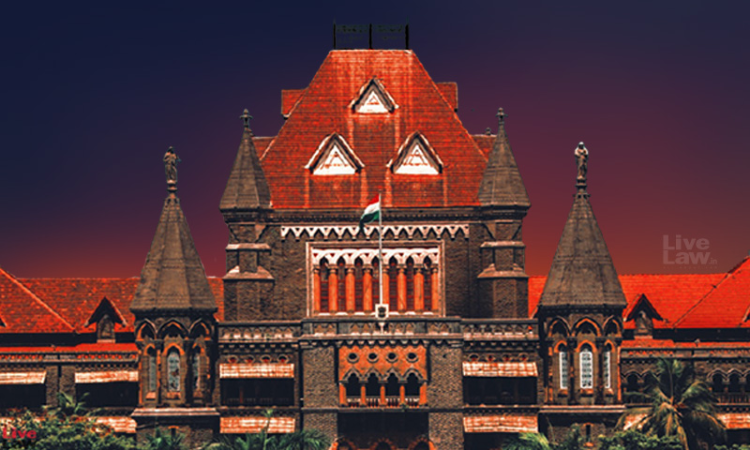Unfettered Powers To Executive' : Journalist Nikhil Wagle Challenges IT Rules in Bombay High Court
Sharmeen Hakim
1 July 2021 7:39 PM IST

Next Story
1 July 2021 7:39 PM IST
Senior Journalist Nikhil Wagle has filed a PIL in the Bombay High Court challenging the recently notified Information Technology (Guidelines for intermediaries and Digital Media Ethics Code) Rules, 2021 issued under the Information Technology (IT) Act. Wagle has alleged that the Rules provide "unfettered powers to the executive to direct the intermediaries to delete or modify...
